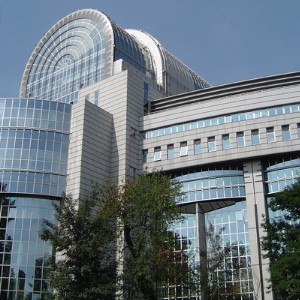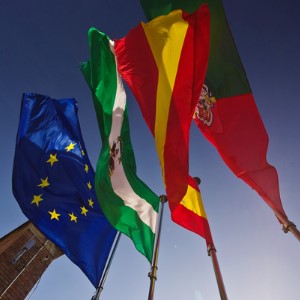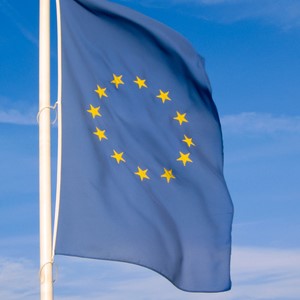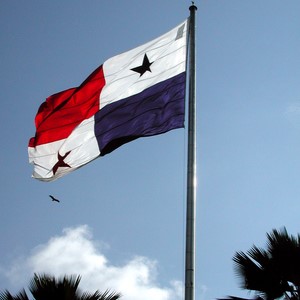Regulation of Forex broker activities in the EU
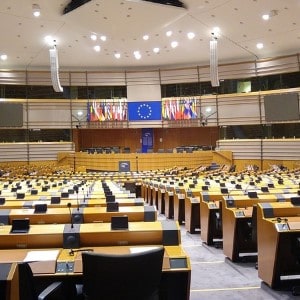
Obtaining permission to conduct Forex activity on the territory of EU Member States is governed by Directive 2014/65 / EC, which is also called MiFID2, since it is the new version of the Directive "On the Financial Instruments Market" 2004/39 / EC (MiFID), and is a legal basis of a single regulated market of financial instruments in the EU. This means that the rules laid down in this Directive are mandatory for the twenty-eight member countries of the EU and the three countries of the European Economic Area. First MiFID2 establishes the basic requirements for the operation of investment companies (investment companies under the Directive refers to and including financial brokers, so we will hereafter call them so) and the conditions for obtaining a permit for their activities in the EU. It is assumed that each Member State should adopt national legislation in accordance MiFID2 requirements, the provisions of which may not be more stringent than the provisions of the basic directive. However, MiFID2 also regulates the procedure of interaction of controlling the market in every European country, both among themselves and with the European specialized authorities (ESMA - the European...
